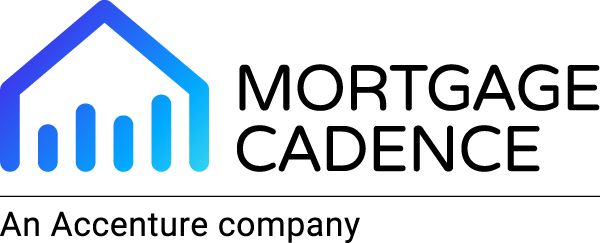Those of us in the mortgage business spend a lot of our time looking at the numbers. Our team does it to ensure we deliver ever-increasing efficiencies in the loan origination software we create and maintain. Lenders do it for a variety of reasons, many of which are related to compliance and risk mitigation.
But some risks can’t be mitigated. Not completely, at least.
Whether it’s wildfires in the west, floods in the Midwest, or back-to-back hurricanes on the eastern seaboard, mortgage lenders are grappling with the growing influence of insurance coverage on real estate markets and loan portfolios.
Extreme weather events, rising sea levels, and insurance challenges are reshaping the financial risks associated with mortgage lending, particularly in vulnerable regions.
These risks have become so significant that major financial institutions, including JP Morgan, are now hiring climate scientists to help manage climate risk, signaling a shift in how lenders assess and approach climate-related liabilities.
This proactive approach is essential, as climate events like hurricanes in Florida and wildfires in California continue to impact both real estate values and insurance coverage in affected regions. For lenders, the challenge lies in managing these risks without compromising the stability of their portfolios or the financial well-being of their borrowers.
The Role of Climate Scientists and Risk Assessments
For borrowers and lenders alike, climate change presents a complex challenge that requires adaptive strategies.
By applying scientific insights into climate patterns and forecasts, lenders can better predict which regions may face increased risks from events like hurricanes, floods, and wildfires.
This climate-based risk assessment enables lenders to make more informed decisions about where to extend mortgages, adjust loan terms, or require additional insurance for properties in high-risk zones. Through proactive risk management, financial institutions can protect both their clients and their own portfolios from the financial fallout of climate-related events.
The National Bureau of Economic Research (NBER) and other financial bodies have published reports highlighting the growing need for lenders to incorporate climate risk into their lending practices.
Lenders must now consider not only traditional factors like credit scores and income, but also potential long-term risks associated with the location of the property and its susceptibility to climate-related hazards.
Some lenders are starting to evaluate properties in coastal areas or wildfire-prone regions with greater scrutiny, potentially adjusting interest rates or loan terms to reflect the added risk. Others may impose stricter insurance requirements, making it more challenging for borrowers to secure a mortgage without comprehensive coverage in high-risk areas.
This increased focus on climate risk could affect the affordability and accessibility of mortgages, especially in regions where climate threats are most pronounced.
As lenders respond to climate change, insurance coverage is becoming a critical factor in the mortgage landscape. Homebuyers in high-risk regions are already facing challenges in obtaining affordable insurance, and policy cancellations are leaving some homeowners scrambling.
For lenders, navigating this insurance landscape is essential to protect their interests and avoid potential losses from uninsured properties. The ability to force-place coverage on a property in a portfolio is less effective when you can’t find an insurance carrier to pick up the policy.
As new rules are enforced, our team will make certain the Mortgage Cadence Platform enables our lenders to be fully compliant. For more information about our compliance team at Mortgage Cadence works to keep you safe, reach out to us at any time.
By Melissa Kozicki, CMB, CMCP, Director of Compliance at Mortgage Cadence
Want more?
Follow us on LinkedIn to be notified when our next article is released.
Media Contacts
Mortgage Cadence:
Alison Flaig
Head of Marketing
(919) 906-9738



